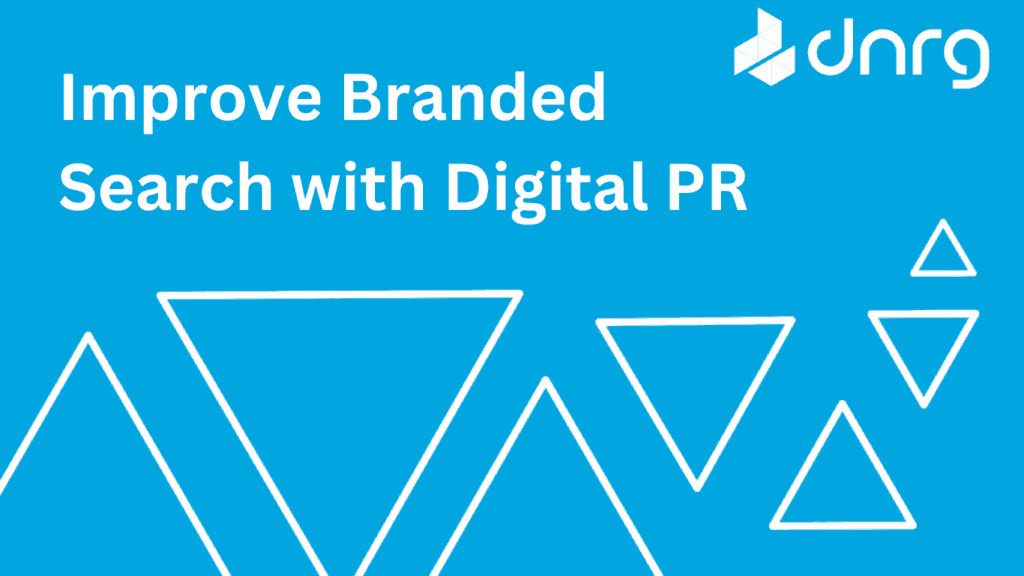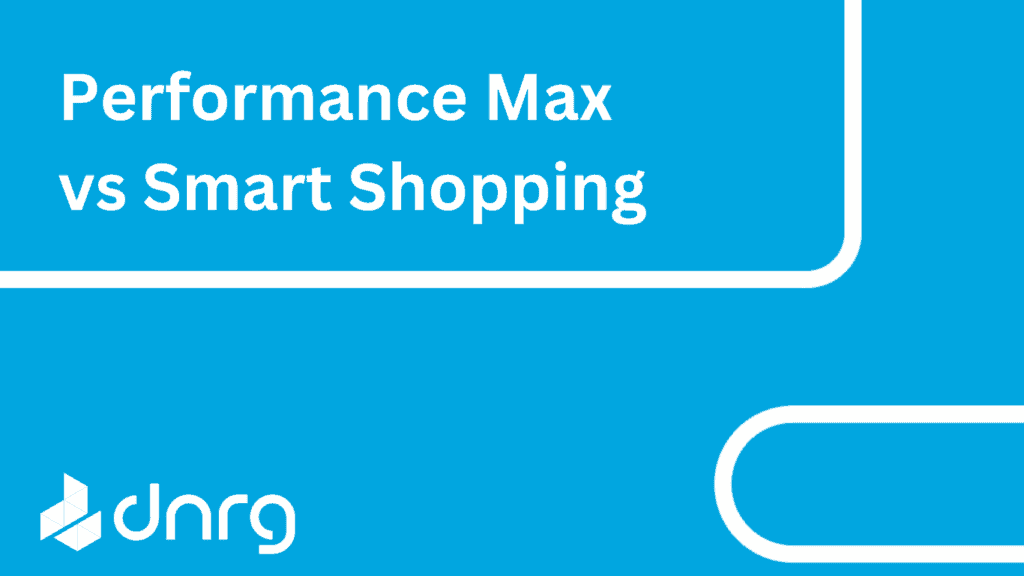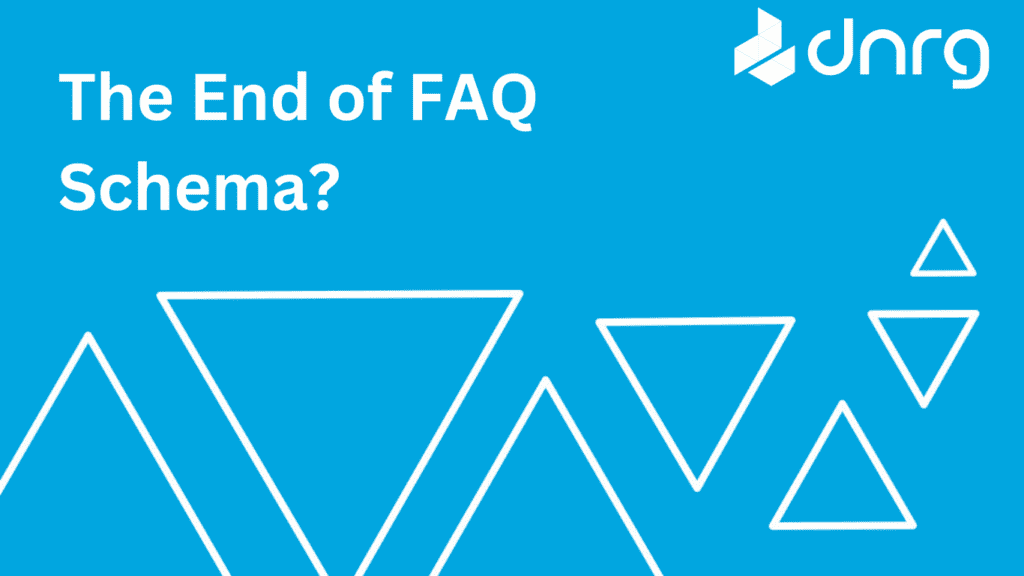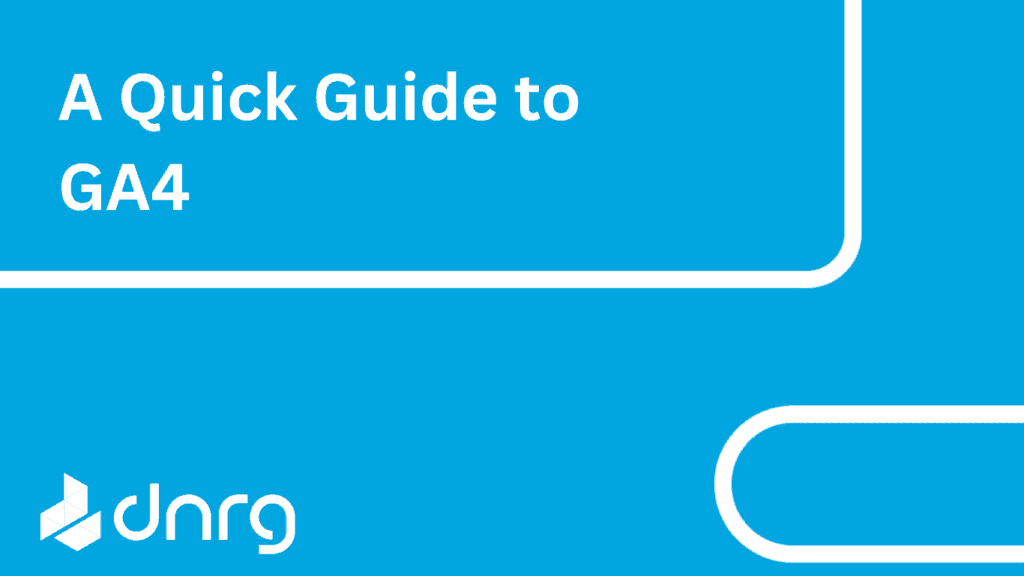Google Adwords to Google Ads: What the New Platform Means For Your Advertising
A simple change in the name from “Google Adwords” to “Google Ads”, however, the change in the platform is huge and so are the opportunities available to businesses that advertise with Google. Digital NRG, the fastest growing and best Google Ads agency in the UK, explains the changes in the new platform and how businesses and brands can take advantage of the opportunities, and the pitfalls to avoid.
History of Google Adwords
After only a 1-month beta trial, Google launched Adwords in October 2000 with just 350 advertisers. At the time of the launch, Larry Page, co-founder and CEO of Google said of the new service “AdWords offers the most technologically advanced features available, enabling ANY advertiser to quickly design a flexible program that best fits its online marketing goals and budget.” The service was launched as a managed service by Google themselves, for a paid monthly fee, rather than pay per click. So that smaller businesses could manage their own advertising campaigns the Adwords self-service portal was soon introduced by Google.
It is a little-known fact that Adwords was actually the second advertising program launched by Google. “Premium Sponsorships” was launched just 3-months before Adwords, in August 2000, and was the first online advertising platform for Google. Premium Sponsorship was sold by Google’s own direct sales team and was charged out to customers on a “cost per mille” (CPM) basis. The premium sponsorship ads would appear at the top of the search results, and the right-hand-side of the search results would display the Adwords.
In 18 years, Google has grown the number of advertisers from 350 to more than 2 million and generates revenue for Google estimated to be at $100Billion a year.
Why Google Adwords is Changing to Google Ads
The change is more than just a change in name or brand. It is a change in the way that all of Google’s advertising platforms are being brought into one platform and tied together to make it simpler for businesses to get the type of leads their businesses require.
When Google Adwords was launched it was a way to get visitors to a businesses website. Once there, the website was the key tool for converting a visitor into an enquiry or lead. The success of the lead generation was made by the quality, style and content of the website being visited and the ultimate success of the Google Adwords campaigns were down to the success of the website.
Large businesses, national companies and international organisations, who had an advertising budget that could be used to drive visitors to a website in the hope it delivered leads or grew the brand could dominate desktop search results. Small businesses had a difficult task to compete unless supported by a substantial advertising budget.
Then along came smartphones
Smartphones took searching on the internet from a desk computer at home or in the office to every road or street corner, coffee shop, mountaintop or anywhere people can carry a phone (and get a signal). Smartphones changed the digital marketing world.
The searches for information, products or services went from “I must search for that when I get to a computer” to “let me Google that now”. Immediate requests for information that require instant answers, whether that be for facts and information or who can supply that product or service right now. Local and small businesses were now a viable and preferred result in the SERP’s.
Now local businesses and locally located companies could utilise the tools Google offer to get more leads and customers through their digital marketing.
In a previous post “Google: How Local Businesses Can Get The Edge Over National Companies” we outlined how small or medium-sized enterprises (SME) businesses can win on Google over national companies. The new Google Ads platform takes that one step further.
At Digital NRG we manage the Google Ads for over 500 companies. Many of these are SME businesses targeting a local or regional market. When we report the leads we generate for our clients we talk about the number of leads that are generated by phone calls to the business or email enquiries. We measure every phone call and email generated through advertising, and the new Google Platform makes this simpler and more efficient. The new Google Ads platform allows you to target how you would like people to contact your business. Do you want a visit to a retail store or physical location? Telephone enquiries? Or for them to buy online? The new platform will make it easier to control and target how potential customers see the information regarding your business and interact with you.
Google has started a broadened rollout of shop visits reporting for Google Ads customers of any size and can offer performance details by individual store locations.
Online Marketers can see in-person visits to their physical outlets and other sorts of “offline” conversions related to every business specific location.
The per-store report will show you approximately how many in-person visitors you’re obtaining for each of your bricks-and-mortar locations, and conversions from other store-specific actions – like telephone calls, website visits, getting driving directions and a lot more. By using this information, you’ll be able to transfer your financial budget around to improve the general performance of retailers which are already successful, or to shops that require more assistance.
The following are the additional o”ff the internet” actions or engagements integrated by default inside the reports, in addition to actual physical store visits:
- Calls — clicks on call buttons.
- Directions — clicks on “get directions” buttons.
- Website visits — clicks on website hyperlinks related to location-based ads.
- Orders — clicks on “order” buttons.
- Menu actions — clicks on menu hyperlinks.
- Other actions — “Clicks on other tracked user actions( for example: share location, save, etcetera. ) on any Google location-based advert or service immediately after an ad interaction. ”
Google Beacons: Better Location Measurement
As a Premier Google Partner, we have a number of clients that are helping Google with the trial of “Google Beacons”. Google Beacon is a device that is located in your store or premises and can read data from mobile devices. Google explains Beacons as “Beacons are one-way transmitters that are used to mark important places and objects. Typically, a beacon is visible to a user’s device from a range of a few meters, allowing for highly context-sensitive use cases. Google’s beacon platform is designed to make it easy to incorporate these kinds of use cases into your venues”
Being able to target local customers to promote a store visit and then being able to measure the number of store visitors as “local conversion tracking” is a powerful feature that we expect to see added to the new Google Ads platform in the near future.
Google Ads: Do I Still Need A PPC Agency?
The revolutionary Google Ads product represents the complete collection of advertising and marketing functionality Google offers today— on Google.com and on their other properties, partner websites and apps — to aid marketers to connect to the billions of people finding answers on Search, viewing videos on YouTube, discovering new locations on Google Maps, discovering apps on Google Play, browsing content across the web, plus much more.
For small companies particularly, Google is launching a brand new campaign type in Google Ads that makes it easier than ever to obtain more from online advertising. It delivers the machine learning technology of Google Ads to small enterprises and helps them get results without any heavy lifting — so they are able to stay focused on managing their businesses.
The new Google Ad platform can create “smart campaigns” that set automatic targeting (across all Google properties) and automated goals-based bidding, Smart Campaigns will automate ads and landing page generation based on data from Google My Business (GMB), along with some user-selected images. This is yet another step in how structured data management (i.e. managing your business details in GMB) is becoming a critical skill to master in online advertising.
However, the new Google Ad platform is a scaled-down version of the complete PPC or current “Adwords” platform. Respected website “Search Engine Land” concluded that “If a small business decides to work with an agency or wants to venture into PPC management, it can still opt for the full Google Ads experience. This means they can choose from varying levels of automation and make decisions about where to trade off using machine learning to drive results with manual management that provides more control.”
The new Google Ads platform brings together more options and places to promote a business and even though it makes advertising on all these platforms a simpler task, in our experience, customers who self-manage their campaigns and leave everything to be automated tend to have advertising on platforms they do not understand and would not choose to promote their business on, and do not get the best return for their spend.
If you are promoting more than one product or service or promoting it in more than one location then these complications can be time-consuming and if not created and managed with precision – can be left open to costly, yet simple to make, errors.
If you have different products, varied services or target more than one location then a Google Ads or PPC agency will be able to offer set-up and management of ad campaigns that deliver a better return on investment. The delivery of telephone calls, email leads and store visits can still be the goal, but benefitting from tight management and strict control.
Summary:
If a business owner has the time and inclination, and most importantly a simple service or singular product to promote, the new Google Ads platform can help to promote this service or product across all of the Google platforms in a way that makes it simpler to set-up and run. However, if you want complete control on the targeting, spend, cost per lead and return on investment – you need the expertise and experience of a Google Premier Partner PPC Agency, such as Digital NRG.
Still need help? Let us enhance your digital landscape
As a leading digital marketing agency in Bristol, we are proud to serve businesses of all sizes in getting them converting online. We are one of few Google Premier Partners and Facebook Partners in the UK, with numerous industry partnerships that can help enhance your performance across a range of channels, including SEO, PPC, Paid Social and Web Development to name but a few. If you’d like to know more about what we can do to help you simply get in touch today.



